Immanuel Kant stands as one of the founding fathers of the school of modern philosophy. His work evoked a paradigm shift in the approach to philosophy and was the starting point for many revolutionary thinkers who followed, including Schopenhauer and Nietzsche.
The Critique of Pure Reason is a work that examines the faculty of reason and the qualities inherent in human thought. Before this time the influence of the knower on that which was sought to be known was not considered in a thorough and developed manner. Kant attempted with this critique to establish a limit to the knowable based on the nature of human cognition. His work was an attempt to address the failings in philosophy and metaphysics and provide a solid foundation for the proper use of reason to expand knowledge. In this attempt, he can be said to be successful, as his work evoked a shift in philosophical trajectory, which allows all thinkers subsequent to him to stand out from those who came before him in their handling of the subject of philosophy.
The narration of this landmark text is preceded by a summary, which includes a biography and background information of the author, as well as an overview, a synopsis, and an analysis of the work. Capping the summary is an investigation of the historical context of Kant’s work as well as an examination of the criticisms and social impact that it evoked. This work represents an essential link to understanding the philosophy of the modern era and is a must-hear for students of philosophy or for anyone with an interest in the nature of thought.

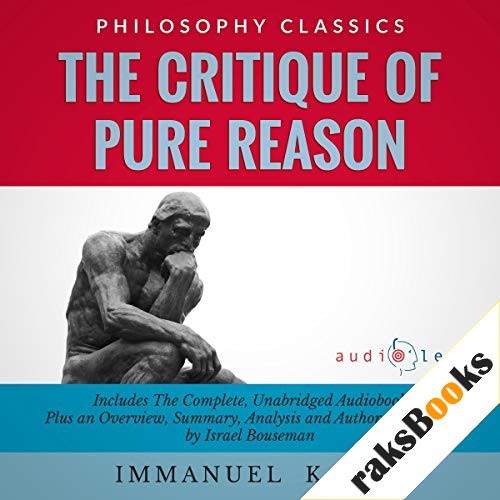

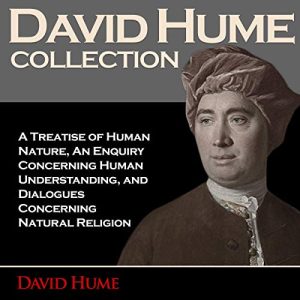
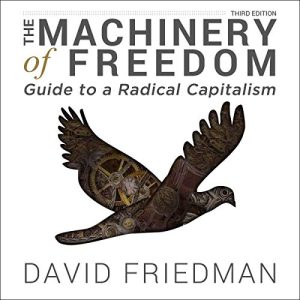
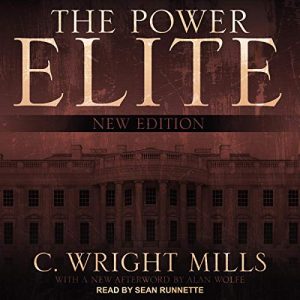
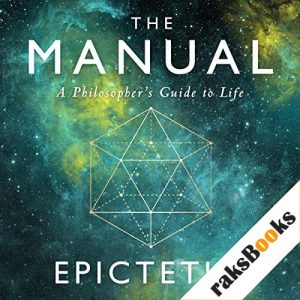
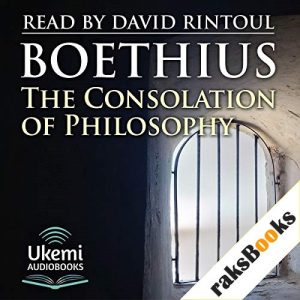
Reviews
There are no reviews yet.